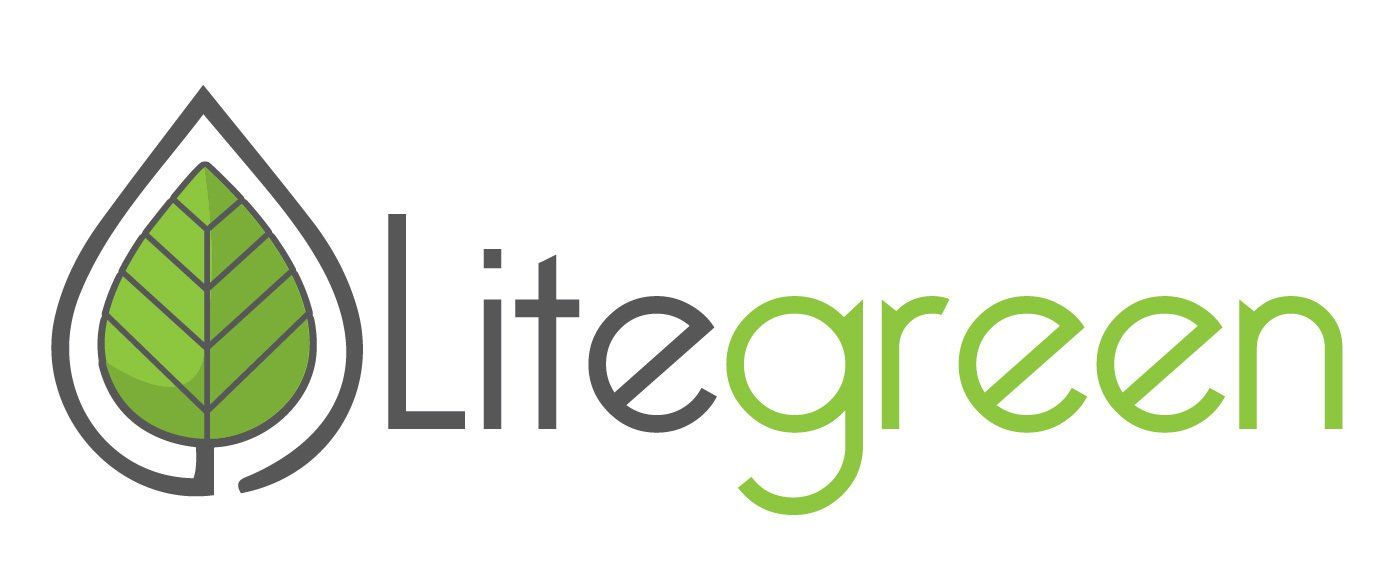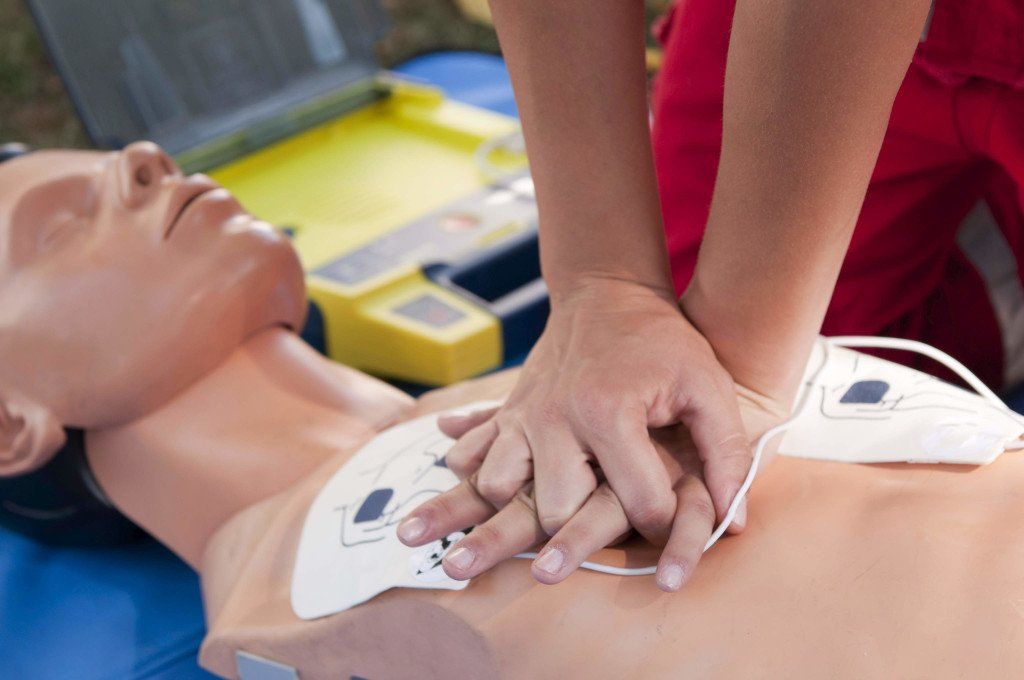COVID-19:
Advice for First Aiders.
COVID-19:
Advice for First Aiders.
We’ve put together the below advice & a Free 40min ZOOM training update for first aiders so that you can continue to keep those you care for and yourself safe.
FREE 40min CPD update via Zoom
First Aid during COVID-19
A Zoom update for first aiders so that you can continue to keep those you care for and yourself safe.
Info can be found here:
About your Qualification
What's changed?
All first aiders who’s certificate is due to expire on or after 16th March 2020 will be granted an extension to 30th September 2020. If you hold the full 3 day qualification and have a certificate that expires on or after 16th March, you will need to re-qualify before October 30th 2020 to take advantage of the 2 day refresher. After that date, you will need to resit the full 3 day course again. If you are half way through a 2day refresher or 3 days first aid qualification, you can resume this training at a later date.
About changes to CPR
Is it still safe?
When looking for berating, DO NOT put your face next to the casualties. You should look for signs of response using AVPU
Alert, Voice, Put hands on shoulder, Unsure? Only begin CPR if you aren’t able to get a response but you should
place a towel or cloth over the casualties face
to limit the spread of micro-droplets when doing chest compressions. Unless the casualty is someone you live with, you SHOULD NOT
attempt rescue breaths and focus on compression only CPR (pushing continuously at a speed for 100-120 BMP) and early defibrillation.
About a Choking casualty
If someone is choking, can I help?
Never forget that the most important person who’s health and safety you need to ensure, is your own. If you can identify a low risk of COVID-19 infection, you may attempt back slaps. If you are even more confident that the risk is low, then attempt abdominal thrusts. BUT be mindful of the heavy breathing someone might do after choking and make sure you are an appropriate distance away. Consider instructing someone else who is living with that person to administer first aid. If you suspect they might be infectious or you can’t rule out that they are not, then call 999 / 112 immediately and attempt back blows only, to minimise risk of you catching the virus.
Be aware of the risk to yourself & others.
When approaching a casualty there is always a risk of cross contamination. It is advised that when approaching a situation, you consider these additional questions to gauge the level of risk:
- Do you know if you have COVID-19?
- Have you any of the symptoms (or have you had any of the symptoms in the past 14 days
- Continuous new dry cough
- Sore throat
- Loss of sense of smell and taste
- High temperature or fever
- Have you come in contact with anyone you know has had or developed the symptoms of COVID-19?
- Have you been advised to self-isolate by anyone like a doctor or government tracer?
- Are you currently shielding anyone or part of a vulnerable group who has been advised to self isolate?
- Such as receiving treatment for cancer / diabetic / asthmatic / living with a heart condition.
Keep Yourself Safe
In line with government advice, make sure you wash your hands or use an alcohol gel, before and after treating a casualty also ensure that you don’t cough or sneeze over a casualty when you are treating them.
The Resuscitation Council (UK) provides some useful advice of how to keep yourself safe when providing CPR. You can read their full advice on their website here. Don’t lose sight of other cross contamination that could occur that isn’t related to COVID-19.
- Wear gloves or cover hands when dealing with open wounds
- Cover cuts and grazes on your hands with waterproof dressing
- Dispose of all waste safely
- Do not touch a wound with your bare hand
- Do not touch any part of a dressing that will come in contact with a wound.
Try & treat early
The vast majority of incidents do not involve you getting close to a casualty where you would come into contact with cough droplets.
If the casualty can help themselves, you can keep a distance and give instructions and demonstration of what to do, i.e. how to tie a bandage or apply an ice pack
If the casualty is with someone that they live with (such as a relative) you can instruct that person also to provide the first aid required by the casualty.
Sensible precautions will ensure you are able to treat a casualty effectively, reducing the risk of cross contamination to you and those around you.
Keep your self well informed.
As this is a new disease this is an ever changing situation and the government and NHS are continually updating their advice. Don't forget that you are the most important person and your health and safety is your primary concern. Make sure that you regularly review the NHS 111 or Gov.uk website which has a specific section on Coronavirus.
Don't Forget
- You are the most important person and your health and safety is your primary concern.
- You must still seek consent to administer first aid (unless the person is not able to give consent, in which case you act accordingly).
- DRS ABCD (Danger, Response, SHOUT FOR HELP, airway, breathing, CPR / Compressions, Defib) Don’t forget to skip on Airway & Breathing.
- Call 112 or 999. 112 from a mobile can help the emergency services find you.
- Use apps like ‘staying alive’ to research where your local defibs are.
- Teach others what you know about first aid so that they can help too.













